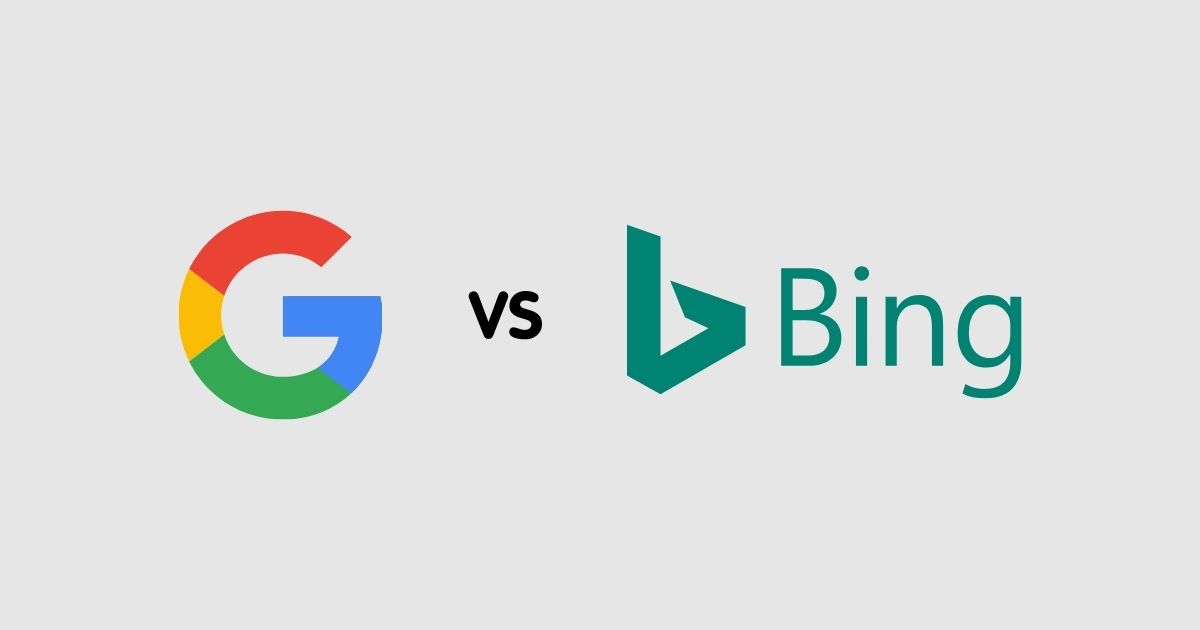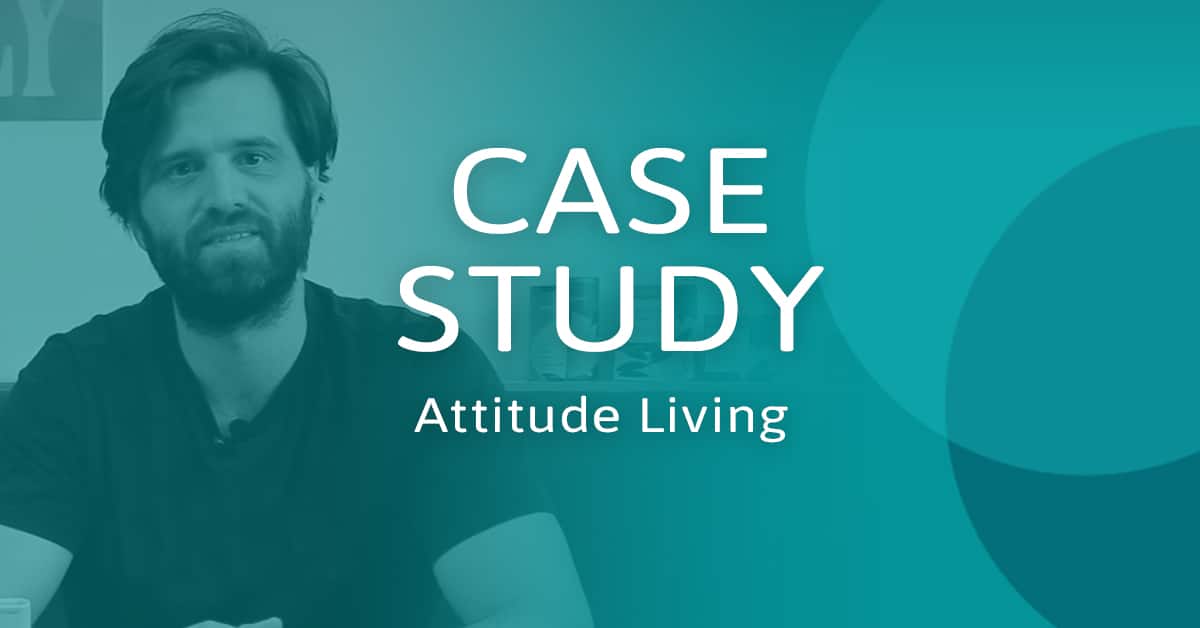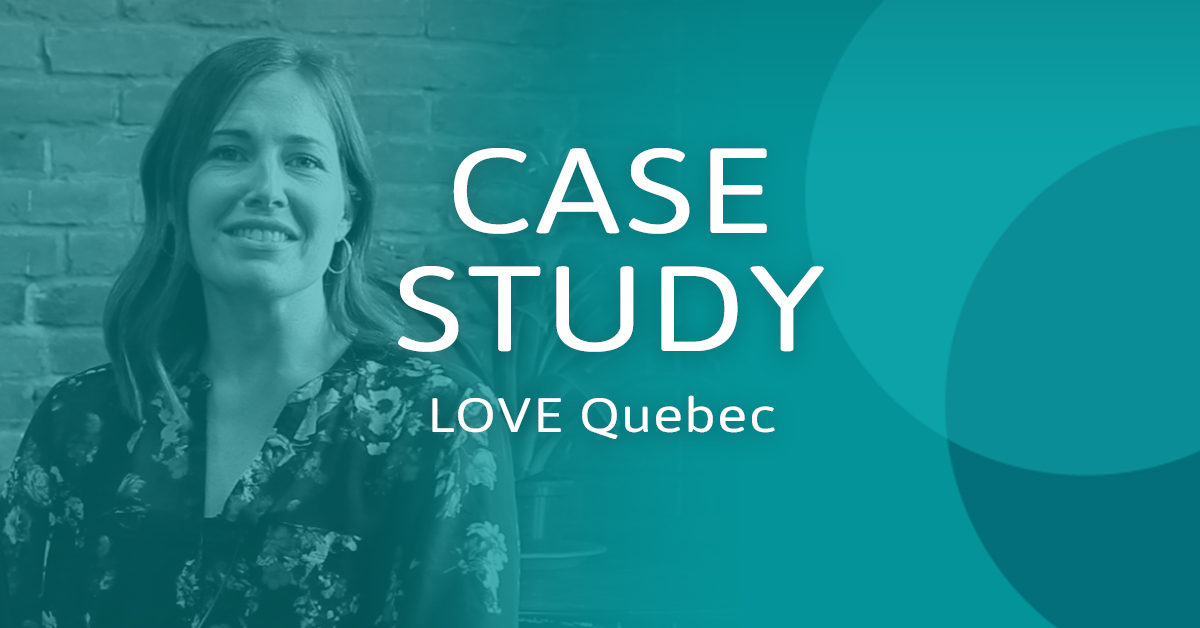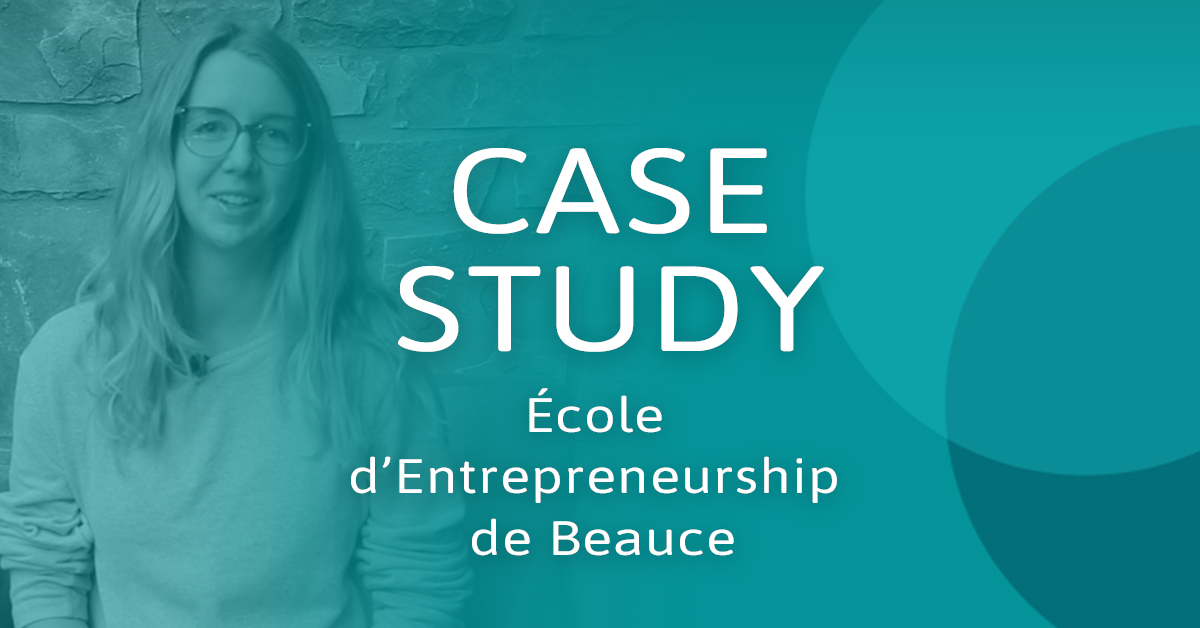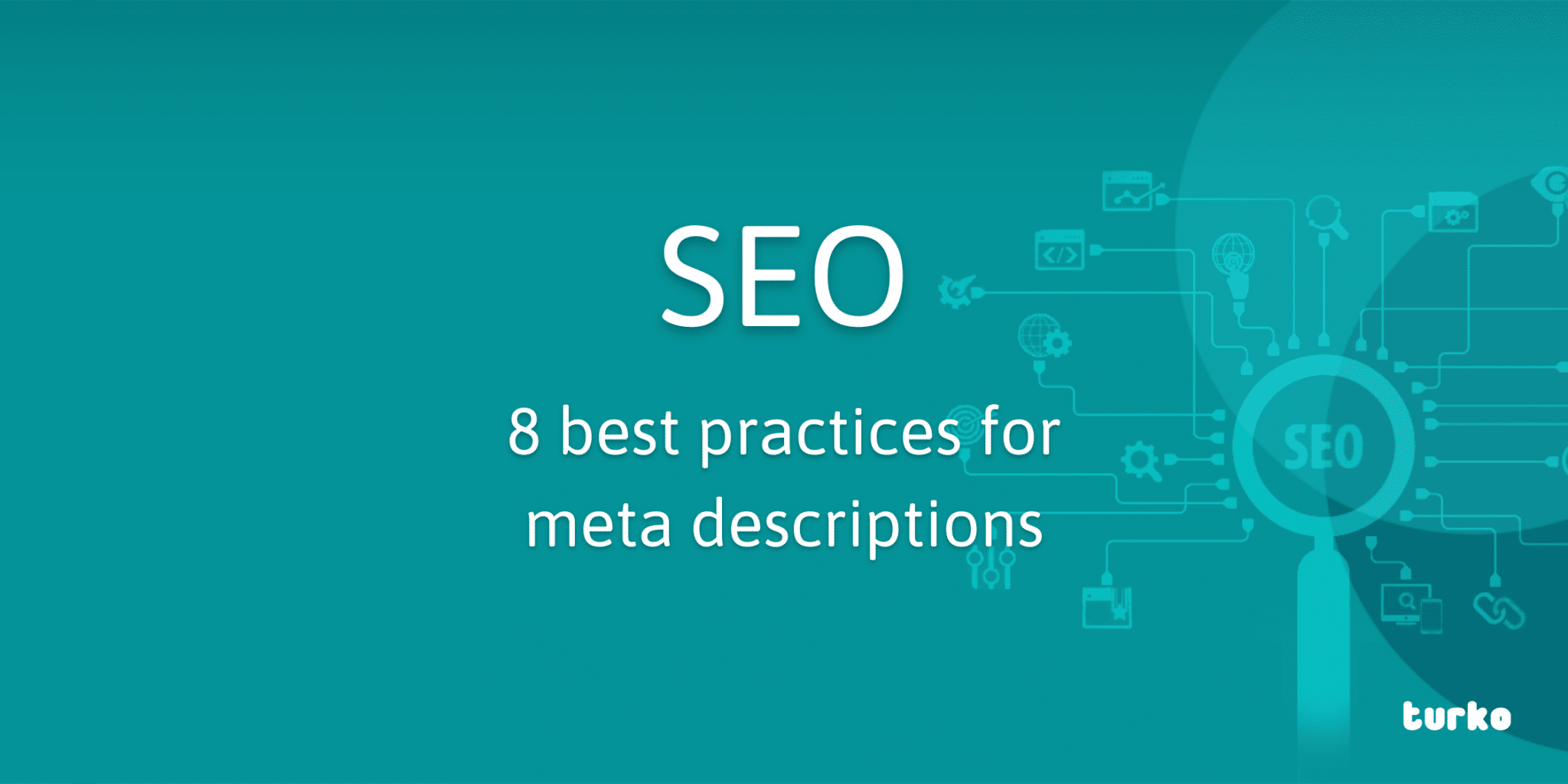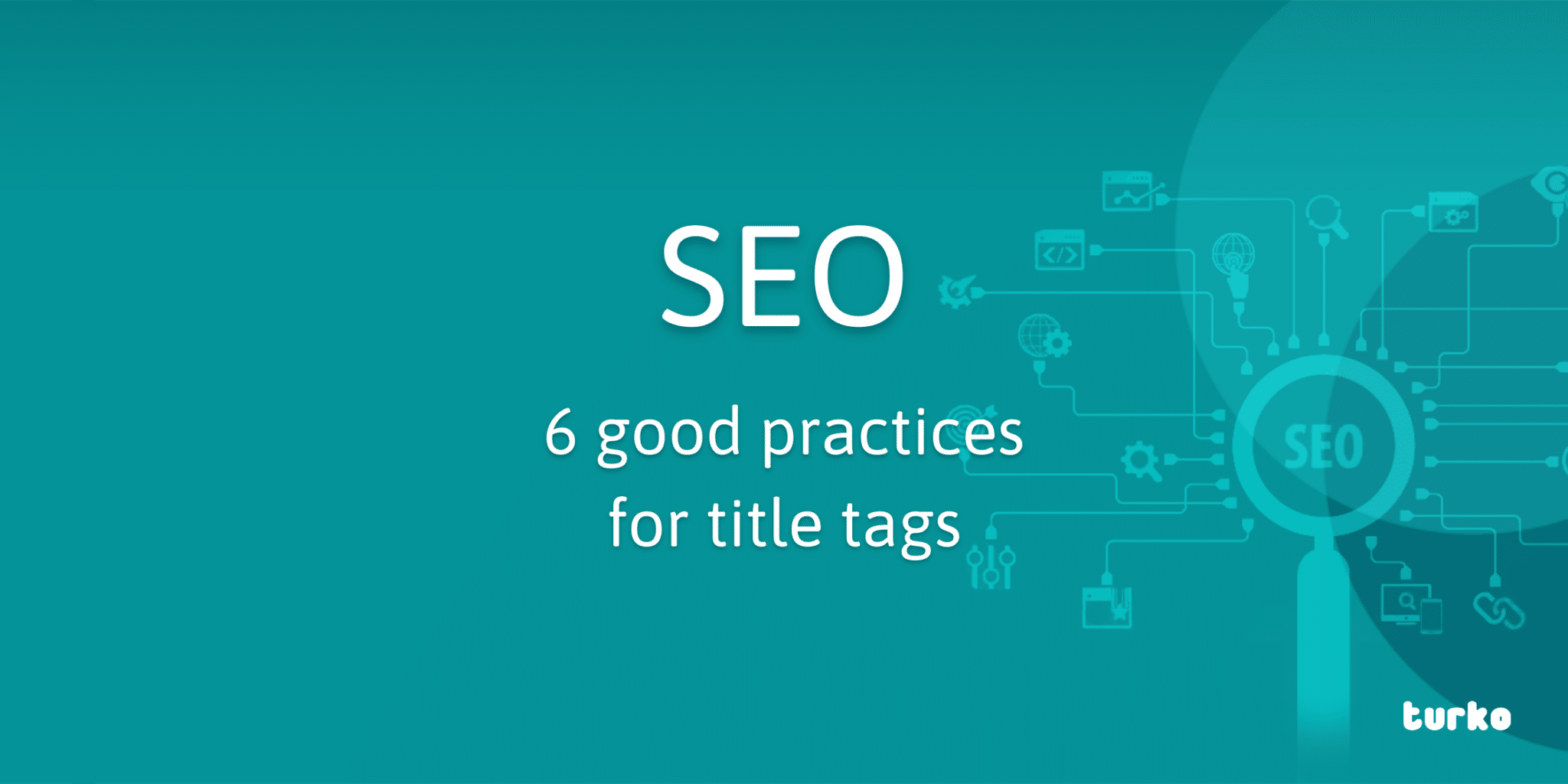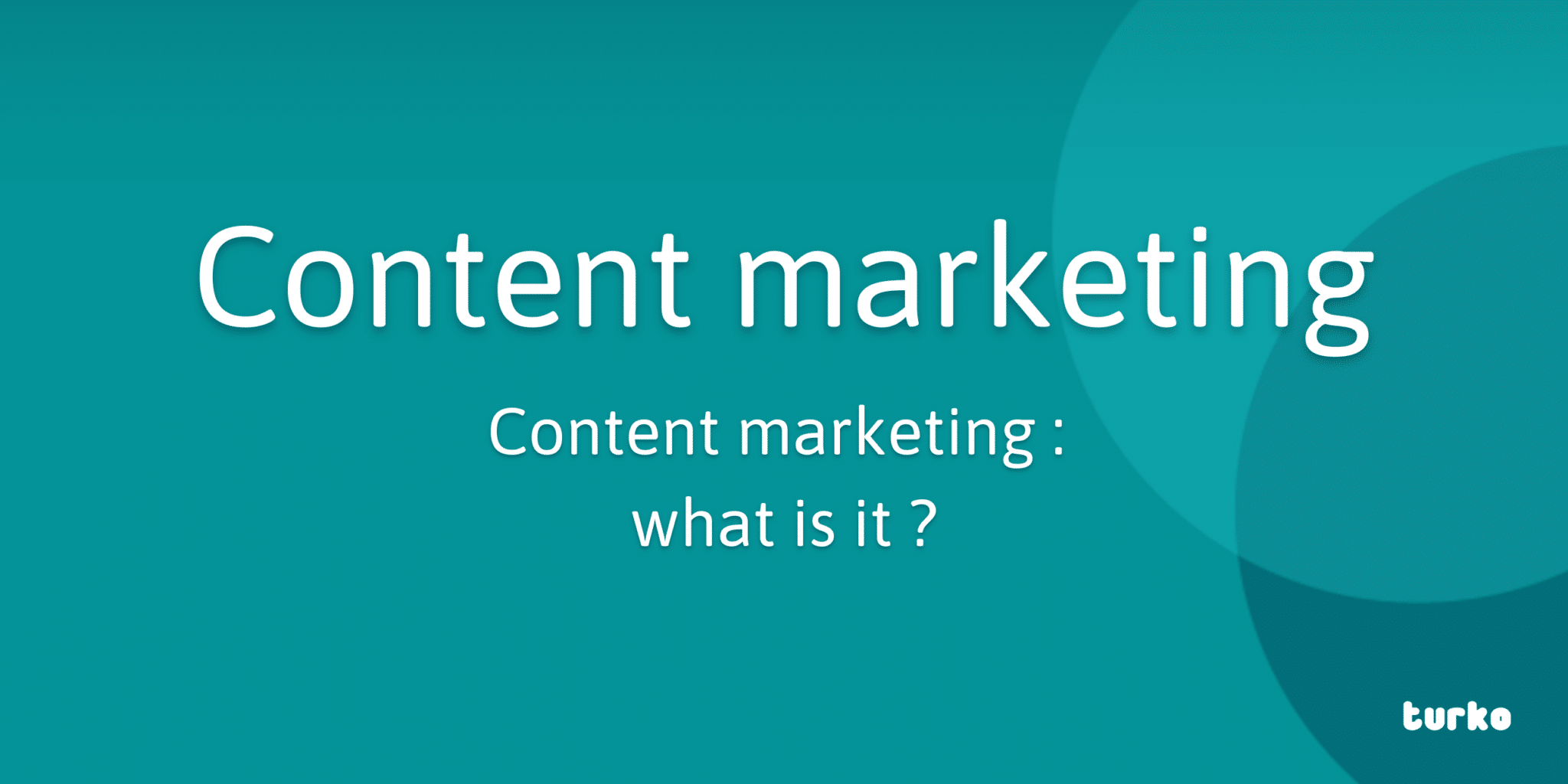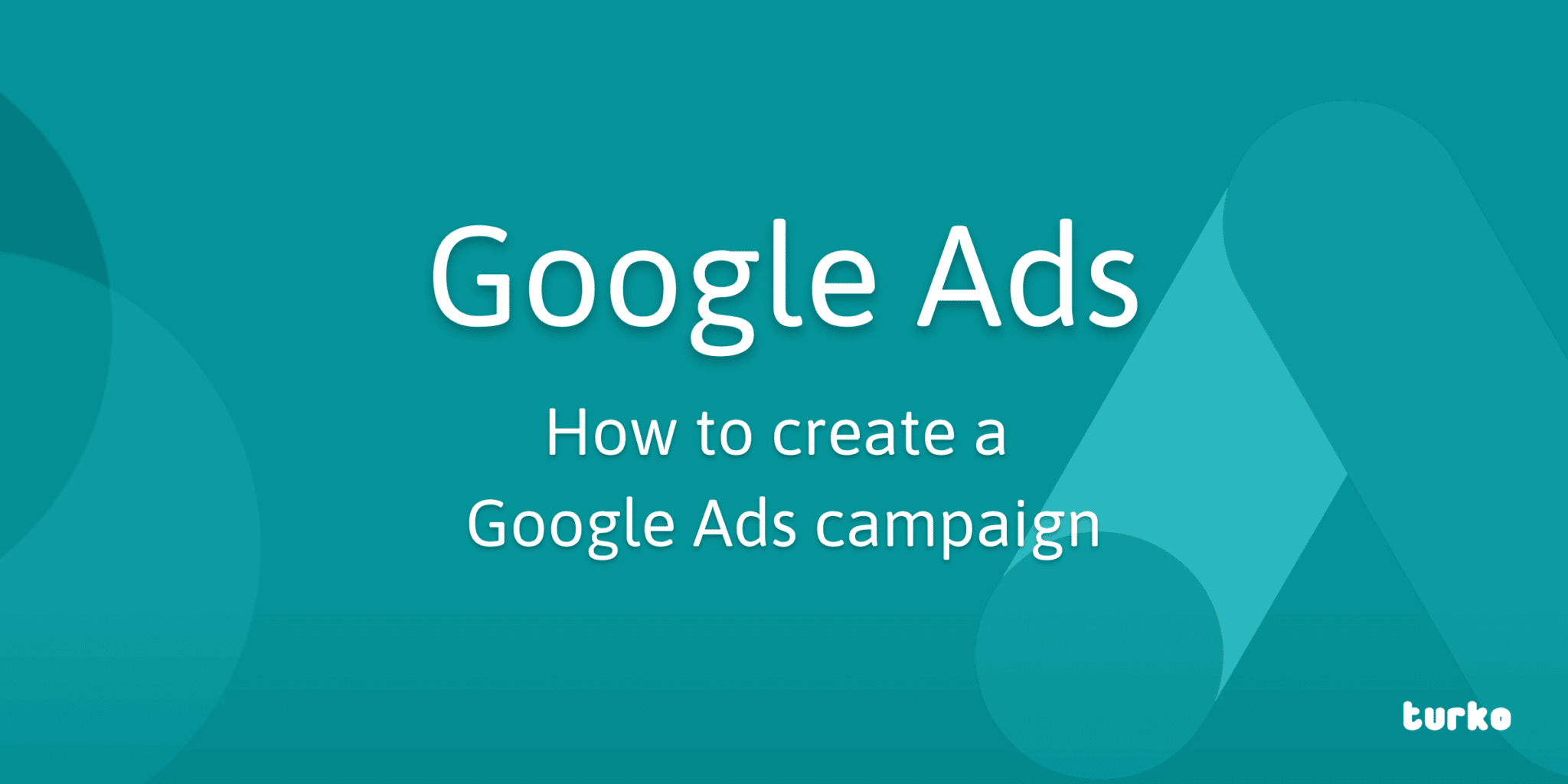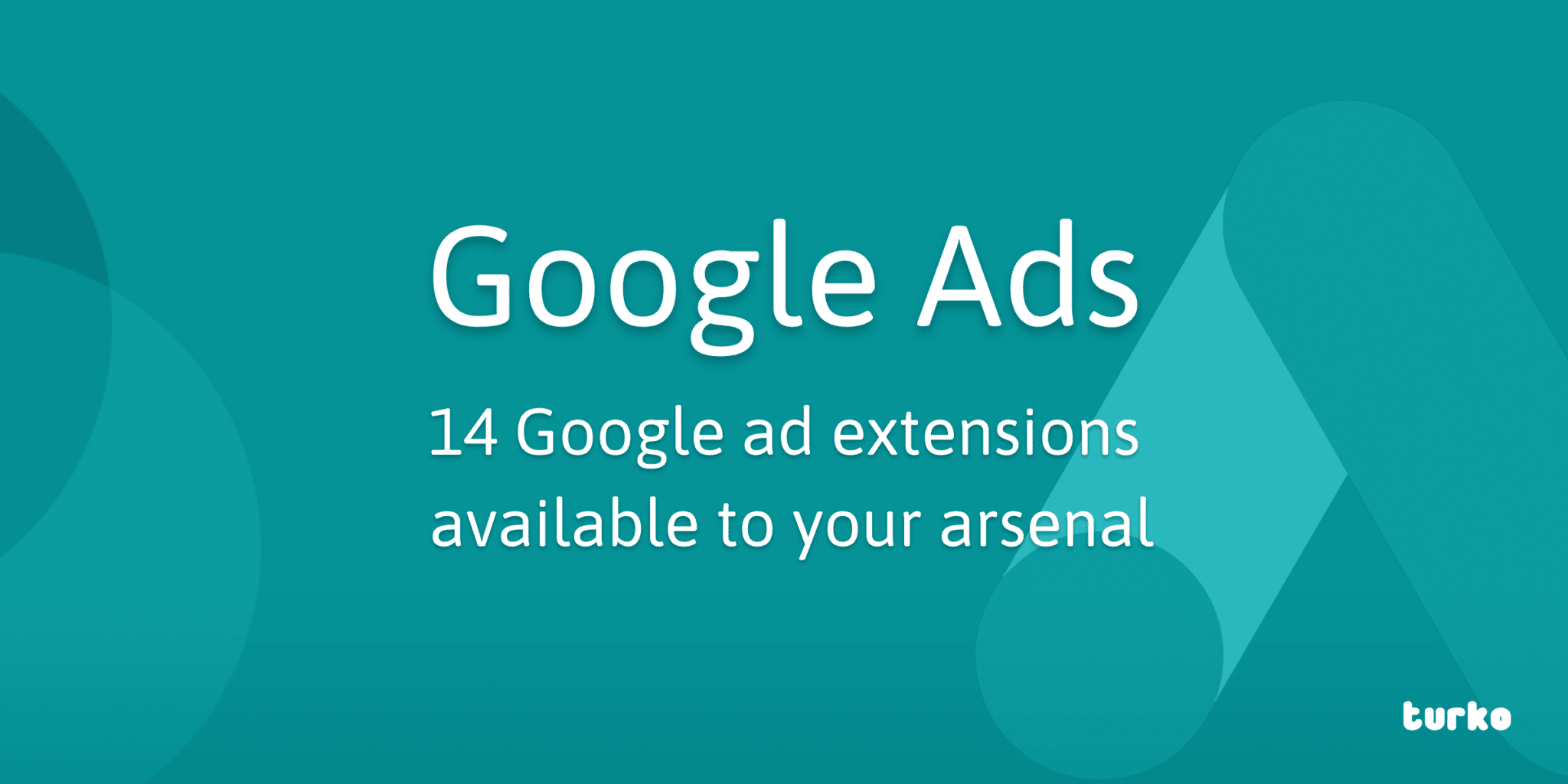Facebook Ads agency in Montreal
Choose Turko as your certified Facebook Ads agency, discover the underestimated capabilities of this powerful advertising platform and start promoting on Facebook and Instagram.
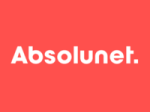
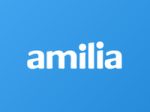
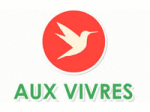
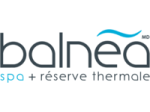
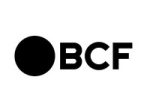
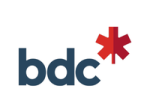
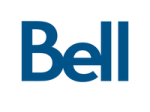
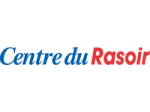
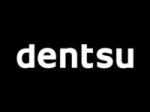

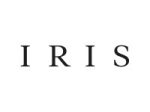
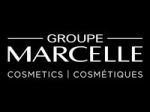
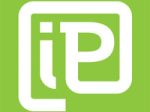
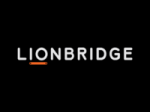

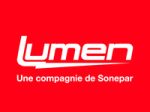
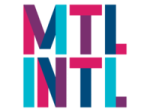
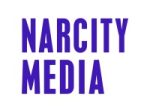
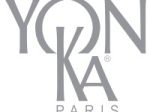
Facebook advertising, or Facebook Ads, is the media placement feature that Facebook makes available to everyone to promote a brand and its messaging across its platform. The possibilities are vast, making it one of the most powerful online advertising networks. Choose Turko as your certified Facebook Ads agency .
WHAT WE OFFER
EFFECTIVE FACEBOOK ADS CAMPAIGNS
We implement complex Facebook Ads strategies that aim to meet and exceed your expectations in terms of business objectives; whether it’s ROI, leads or branding.
STRATEGIC INVOLVEMENT
We understand your “big picture”. We know what role Facebook Ads plays in your digital strategy and offer a second look at your marketing plan to help you achieve your goals.
SOLUTIONS SUITED FOR YOUR REALITY
We offer a complete service adapted to your reality: from the management of campaigns to customers conversion tracking, communication of industry news and training of your teams. We offer the peace of mind of working with Facebook experts.
HOW WE STAND OUT
CERTIFIED FACEBOOK ADS EXPERTS
We are experts in Facebook Ads. We are Facebook Blueprint certified, and we manage large budgets for major clients.
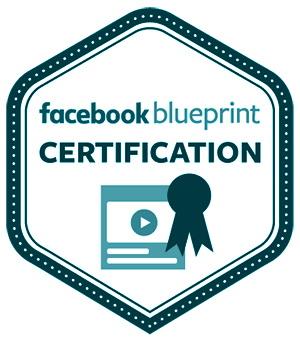
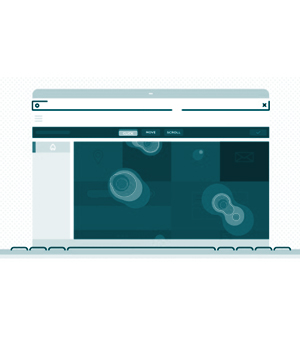
PERFORMANCE CULTURE
We are implementing a “performance culture”. We analyze landing page data, both qualitatively and quantitatively. This allows us to continuously improve your performances.
DIRECTLY IN TOUCH WITH THE EXPERTS
We focus on customer relations. Your satisfaction is our priority. You can also count on our rigour, our collaborative spirit and our transparency. We work closely with your teams and we do it with a smile!

WHAT OUR CUSTOMERS SAY
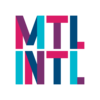
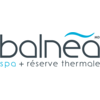

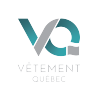
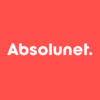
FACEBOOK FAQs
Each team and each agency has its own advantages. Generally speaking, here are the main advantages of working with a Facebook Ads agency :
- The team’s expertise and experience will save you the time to learn and train in Facebook Ads techniques. Therefore, you will be able to implement Facebooks Ads strategies more quickly.
- Agencies know how to develop strategies and take them to a whole level, increasing their performance levels.
- Carrying out Facebook Ads campaigns and prioritizing tasks to maximize their impact is time-consuming. Agencies dedicate all of their time to these tasks. You can concentrate on your core business!
- Agencies are always up-to-date with the latest Facebook Ads trends and create innovative campaigns to meet Facebook’s quality expectations.
- The experts you’ll be working with will be happy to share their knowledge and tips to help you on your digital journey.
There are many answers to this question and even more techniques to calculate how much budget you should put into your Facebook ads:
- Based on the latest performance : If you have already run campaigns more or less similar to the ones you want to put online, you can calculate your budget from the CTR and the CPC.
- Based on the volume of conversions you want : Using the cost-per-result formula, you can determine the budget needed to achieve the desired volume.
- Based on the cost per expected result : Using the cost-per-result formula, you can determine the budget needed to obtain the desired cost-per-result.
Based on audience size : The larger your audience is, the more budget you will need to be visible. Keep your budget in line with the size of your audience.
The process of creating a Facebook ad is quite simple and centralized in the Business Manager. There are three steps involved :
- Create the campaign and choose your budget. You can choose how you want to spend your money during your campaign as well as your ads’ overall goal.
- Create your ad groups and define your audience. You can set your targeting criteria. You’ll also need to choose the campaign dates, ad placements and your bidding options.
- Create and activate your ads. Keep in mind best practices for creating ads, including the type of images and texts. Make sure you view your ads before activating them.
There are several benefits to advertising on Facebook. Here are the main ones :
- Facebook is a mass-market communications channel. The likelihood that your target audience uses it is very high. Facebook has the advantage of bringing together a wide range of profiles, which makes it easy for advertisers to reach their targets.
- Overall, advertising costs on Facebook are cheaper than on other platforms.
- The highly segmented targeting options are a real strategic asset for advertisers who can put their finger on niche audiences and highly qualified profiles.
- The huge volumes of data analyzed by Facebook’s algorithms make it possible to find the right user behaviour at each stage of the conversion funnel; this is useful for both awareness and conversion goals.
- Facebook ads are accessible to everyone. You can generate results even though you have a small budget.
- The creative options are numerous because there is a variety of different ad formats. Facebook ads can be stunning visually, which is a great advantage if you are looking to improve brand awareness.
- Implementing digital retargeting strategies are extremely easy and require few prerequisites.
- Facebook is the parent company of other social media platforms, such as Messenger, Instagram and WhatsApp. This makes it easy to create multi-channel marketing campaigns with the same target audiences.
Yes.
Facebook Ads’ strength, as mentioned before, is that it is a mass-market communications channel. It enables you to reach a broad spectrum of people and fine-tune its targeting. In fact, it is one of the most effective and affordable advertising platforms out there. However, in order to take full advantage of Facebook Ads, you need to know how to use its advertising tools as well as the most effective strategies.
Regardless of your objectives, the size of your audience should always be consistent and in line with your overall strategy. Sometimes, it is a good idea to refer to the KPI provided by Facebook and make sure, when possible, that it is always green.
The size of your Facebook audience is directly related to your budget. You can’t have a small budget and a big audience: your efforts will have almost no impact. You can’t have a big budget and a small audience, because you will saturate your target. Compare the size of your audience and your potential reach to determine if your ratio is right. If your goal is awareness, here’s a Facebook tool to find out and simulate the possible reach with your budget.
You will also need to consider your geo-targeting strategy and determine the population within your catchment area. Not every city has the same density. Moreover, targeting a city versus a country will inevitably vary the size of the audience. You can always census data or demographic studies to try to get as close as possible to the actual audience size.
Also, make sure that you know what stage in the funnel your target audience is. If you are looking to build brand awareness, your audience should be large and broad. However, for target audiences that are closer to conversion, they tend to be smaller and limited only to qualified profiles.
Let’s keep in mind that Facebook Ads works with an ever-changing algorithm: the more data you give it, the more it can refine and really target the best profiles.
Finally, there is no substitute for experience: each industry has its own best practices. What works for one industry may not work for another one.
Both platforms are widely used by millions of people for ad placement, yet they are different platforms :
- Search ads on Google are associated with “pull” marketing and operate on a keyword basis. The nature of users is active, which implies that people have a clear search intention and turn to Google to find answers to their needs. Advertisers position themselves with keywords that they think are relevant and used by their target audience so that their ads appear at the right time.
- Ads on Facebook are associated with “push” marketing and operate on the basis of an audience approach. The nature of users here is passive as people are on Facebook for entertainment and without a defined commercial intent. Advertisers position themselves with audiences that they think reflect customer personas and display texts and visuals that are aligned with their personalities.
Google offers advertising services other than its search network. Shopping, YouTube and Google Display ads are similar to Facebook’s; however, they have different algorithms and a more limited selection of audiences.
Because of their nature, the two options do not target the same audiences.
- Facebook is a good channel to build awareness and explore markets to make first contact with your target audiences. Users are less qualified and most often at the top of the conversion funnel. This being said, Facebook is also a great channel for retargeting to keep in touch with people who have already been in contact with your brand.
- Google is useful when potential customers are ready to convert and already have a defined intent. At this point, these leads are farther down the conversion funnel.
In terms of cost, Facebook’s CPCs tend to be drastically lower than those of Google. However, it will take more clicks on Facebook to reach a relevant target. On the other hand, Google will be able to find audiences with the same intent faster. In fact, it is more strategic to compare costs per acquisition and CPMs.
In short, the two platforms complement each other quite well and fit perfectly within your digital strategies.
If you can’t use both platforms right away, think about whether your intention is more about building awareness and generating interest (Facebook) or attracting prospects when they are most likely to convert (Google).
There is nothing more frustrating than spending time thinking about a campaign—only to notice that conversions are not happening. Before getting into deep analytics, check out these four things to improve the performance of your Facebook campaigns :
- Rethink your audience and make sure that your criteria doesn’t compete. This is especially true with respect to exclusions and demographics that can be restrictive.
- Few impressions? Your audience is probably too small. No impressions, no conversions. Broaden your targeting.
- Few clicks? Your targeting may not be aligned with what you have to offer. Review your interests and refine your targeting as they may be too broad or not in line with your message.
- Review your bidding strategyand check if your parameters are competitive.
- Few impressions? You may not be using the right bidding option, or your bids may not be high enough. Automatic strategies without maximum bidding are always more flexible to use. If you can’t raise your bid or your cost per acquisition, put your strategy into perspective and see if your expectations are achievable with current market conditions.
- Inspect your ads and check their appeal.
- Few clicks? Look at your ads and ask yourself the following questions: Is your value prop clearly stated? Are your messages easy to understand? Is your CTA visible and unique? Are your images of good enough quality? Are your ads suitable for being displayed with Facebook Ads?
- Analyze your landing page. If the volume of impressions and CTR are good, it is possible that the problem is not the campaigns but the landing page itself. Make sure that the CTA is visible, that visitors only have one possible course of action, and the text consistent with your ad.
If none of these solutions improves your conversions, make sure to verify if your tracking system is functional and records the right KPIs.
If your Facebook campaigns are being spent or displayed, there are many possible reasons, such as:
- Your ads have not been approved.
- The end date has passed.
- There is a problem with billing.
- You have reached your account spending limit.
There may also be fundamental problems that need a little more attention :
- Your audience is too small and doesn’t give Facebook enough volume to run your ad.
- Your objective and/or your bidding strategy may not be optimal. Revise your parameters and make sure you have competitive bids if you don’t want to use the automatic bidding system.
- Your audiences overlap too much and your campaigns cannibalize each other. It is important, as much as possible, that your audiences are very distinct.
- You have too many ad groups or ads. While it is good to nuance your messages and segment your audiences, you need to keep these experiments manageable and, above all, realistic within your budget. If this is not the case, re-structure your campaign and refine it.
- You edit your ads too often and don’t give Facebook the time to take your changes into account. Leave at least 24 to 48 hours between each correction. Limit and group your changes as much as possible.
- You are stuck in a learning phase. This scenario summarizes all the situations mentioned above and only highlights that your campaign is not in line with your strategy. You may not have the right object, your target audiences need to be reworked, or the messaging is not compelling enough. Keep in mind that you need at least seven days to be able to base your decisions on some results—and for Facebook’s algorithm to work its magic.
Facebook Ads works with an auction to display ads. However, the highest bidder isn’t always the winner and other aspects of your campaign are important. Facebook places an emphasis on the user experience to ensure consistency between organic and sponsored content. In fact, there are three key criteria you must take into account :
- Your strategy and bidding. What options you choose will make or break your competitiveness. While staying within your budget, try to avoid bids or costs per acquisition that are too low.
- Forecasting. Based on your past performance and the actions typically taken in the past by your target audience, Facebook will establish a projected percentage of success for your campaigns. The higher it is, the more points you’ll have to put on the bidding table. This means you must really take care of all your campaigns, because several bad campaigns will not work in your favour in the future. In addition, your audience targeting must be on par with your message.
- The value of your campaigns. Your ads must be relevant to your audience in order for them to be really impactful. The quality of your landing page is equally important. Don’t forget: your ad, pre-click, and your landing page, post-click, must match the quality criteria set by Facebook.
Our rates vary depending on the scope of the project and the type of client. Contact us for a free detailed quote.

